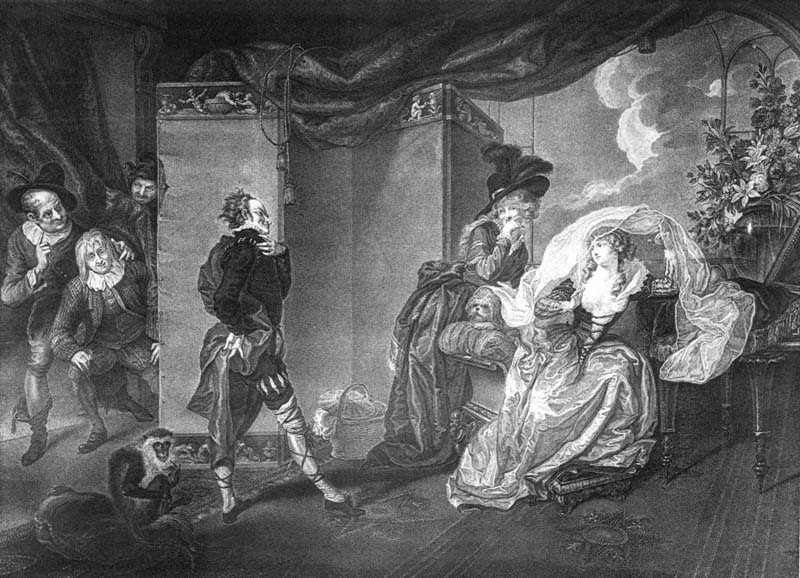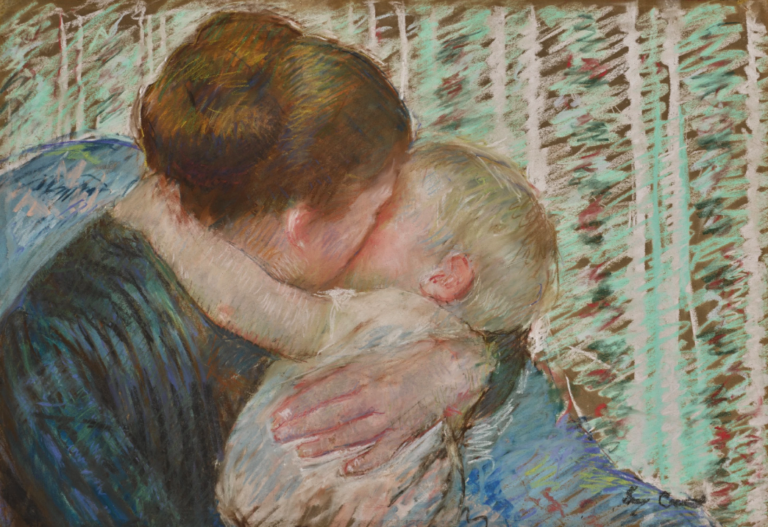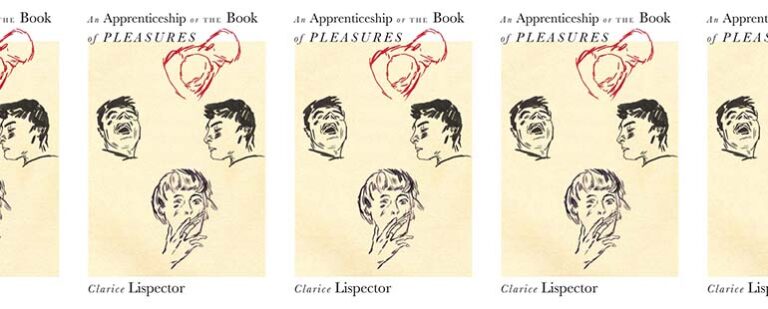More Cakes and Ale: Holidays and Traditions in Literature
The closest I’ve ever gotten to an acting experience was in college, when I was taking a class about Shakespeare’s comedies and histories. The professor was one of my favorites, who not only helped me better understand the plays but also helped me appreciate them more. When she announced that students would receive extra credit on the final paper if we auditioned to perform selected scenes for the class, I immediately signed up for an audition slot.
I ended up cast as Maria in Shakespeare’s Twelfth Night, alongside two other classmates cast as Viola and Olivia. We performed the second half of Act I, Scene V, in which Olivia first meets (and falls in love with) Viola, dressed as a man and acting as Orsino’s messenger. It includes the great “Make me a willow cabin at your gate . . .” speech, and the banter between the female characters shines.
As Maria, however, I had one line and an irritated sniff, making it the easiest extra credit I ever received. (My professor did, also, compliment my irritated sniff.) But even without the extra credit, Twelfth Night quickly became my favorite of Shakespeare’s comedies. A lot of people favor Much Ado About Nothing, thanks to Beatrice and Benedict’s wit, but something about Twelfth Night sticks with me. It’s fun and bawdy without being absurd, balances perfectly grief and love, and looks at the difficult process of letting go of loved ones and accepting new love.
It’s also one of those plays I tend to forget is about the holidays.
Although the carol “The Twelve Days of Christmas” is familiar (lord help me if I hear it played over any store loudspeaker system), most of us don’t celebrate the actual Twelve Days of Christmas anymore. The Twelve Days of Christmas begins on Christmas Day and ends on January 5 or 6 (depending on the specific traditions celebrated), with the Feast of the Epiphany. In Christian tradition, the twelve days celebrated the birth of Jesus Christ, but in the UK, traditions tended to be a little more raucous than one would expect of a church holiday. It was a day of revelry, during which people played tricks, dressed out of their station or gender norms, and drank wassail. One lucky pair was named the King or Queen of the festival. It was definitely more reminiscent of Mardi Gras than, say, your average Christmas Day.
Shakespeare wrote Twelfth Night to be performed at the close of the Christmas season–on February 2, 1602. Even though it’s easy to forget that the play is set around a particular holiday, Shakespeare uses the traditions of the Twelfth Night throughout—cross-dressing heroines, servants who presume to rise above their station, a crowd of drunk revelers plotting pranks, and the comedic promise that everything will turn out right again by morning. It’s definitely in line with Shakespeare’s other comedies—As You Like It also features a cross-dressing female lead, and Puck in A Midsummer Night’s Dream loves his pranks—but I love how tied it is to the traditions of the Twelfth Night festival.
I love seeing books or plays set around a holiday whose stories are informed by that holiday without being particularly about traditions. In The Color Purple, Miss Millie promises Sofia she can spend Christmas with her children, but forces Sofia to leave fifteen minutes after they arrive. This would be a blow on any day, but feels like a particularly harsh betrayal on a holiday that is so much about family. And sometimes I forget that the climax of To Kill a Mockingbird occurs on Halloween–it feels perfect when we see the image of two children, one in costume, walking home alone at night with the potential of violence nearby.
The specific timing of these scenes and stories is a reminder that these characters exist in the real world. They have traditions that surround and inform their lives, even if their actions aren’t directly tied to those traditions. Even when reading imagined scenarios exploring particular emotional situations, real world experiences and traditions have seeped into the cracks and informed the characters’ worlds. I haven’t been shipwrecked or been mistaken for my twin in a hilarious swordfight, and I don’t celebrate the Twelfth Night (although I am always in favor of king cake), but I can understand the emotional pressures of this time of year and how that could lead to mistakes and love and letting go and finding your way home.
This year, I’m sure I’ll be partaking in holiday traditions like decorating a tree, making an absurd amount of baked goods, and eye-rolling that one Malvolio at every party.



